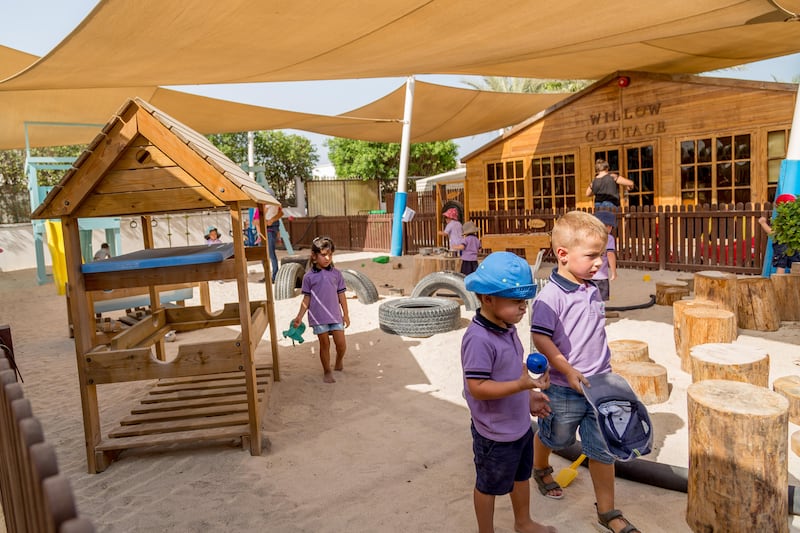It’s been a week since school started for the new academic year in the UAE, with many pre-schoolers or nursery-age children heading to school for the first time.
Parents of young kids going to nursery face a very specific set of challenges and fears.
As the number of working mothers has risen over the past few decades, nursery and day care centres have come to play an important role in a child’s mental, physical and social development.
Naturally, a major concern for parents and nursery owners is keeping children safe and healthy.
Boecker, a public health company, in cooperation with the Chartered Institute of Environmental Health (CIEH) - UK, has created the Safe ChildCare certification programme, a globally recognised certification that ensures that day care centres abide by international standards covering all major safety issues, in order to reassure parents and organise the work of child care centres’ owners.
AbdulHadi Chalak, country manager and Boecker Public Health, outlines the major safety issues that parents should look out for:
1. Licensing standards: Meeting at least minimum licensing requirements is the first step to measuring quality and showing the management’s commitment to providing children with the best environment for safe development and growth.
2. Adequate supervision: There should be adequate caregiver-to-child ratios and a specified group size in the classrooms based on the provided space and the age of admitted children, in a way to assure an appropriate level of adult supervision.
3. Qualified staff: Care providers should be qualified and trained on the basics of child safety and health.
4. Childproofing: As children in nurseries are still learning to balance while walking and are curiosity about exploring the surrounding environment, there is scope for accidents and injuries. It is important to make sure that the spaces are childproofed and that play areas are clean and in good condition.
5. Transmission of illnesses: This is expected in day care centres, however, preventive measures can be implemented.
6. Healthy and safe behaviours: It should be evident to parents that the day care is a healthy and safe place where staff and children wash their hands frequently, surfaces are being cleaned regularly and babies are being put to sleep on their backs. These practices can prevent germs from spreading and keep children and staff safe and healthy.
7. Food safety: Improper handling of food can result in food poisoning incidents and health threatening allergic reactions.
8. Medication and toxic substances: Accidental poisoning is one of the leading causes of injury and death among young children. Always make sure that medicines (when available) and cleaning products are stored in locked childproofed cabinets out of children’s reach and that there’ s a strict medication administration policy.
9. Emergency plan: This should cover all kinds of incidences that may occur during operating hours, including health-related accidents, natural disasters, fire, etc.
10. Staff turnover: Low staff turnover allows children to develop lasting relationships with caregivers. This results from good management practices which focus on teachers’ needs and wellbeing. When teachers are happy, they are more likely to treat children with warmth and positivity.
11. Open-door policy: A safe nursery encourages parents to observe and ask questions, before or after enrolling. This includes checking how teachers wash their hands, how they handle the emotional needs of the children, how staff interact with the children and with each other, etc.










